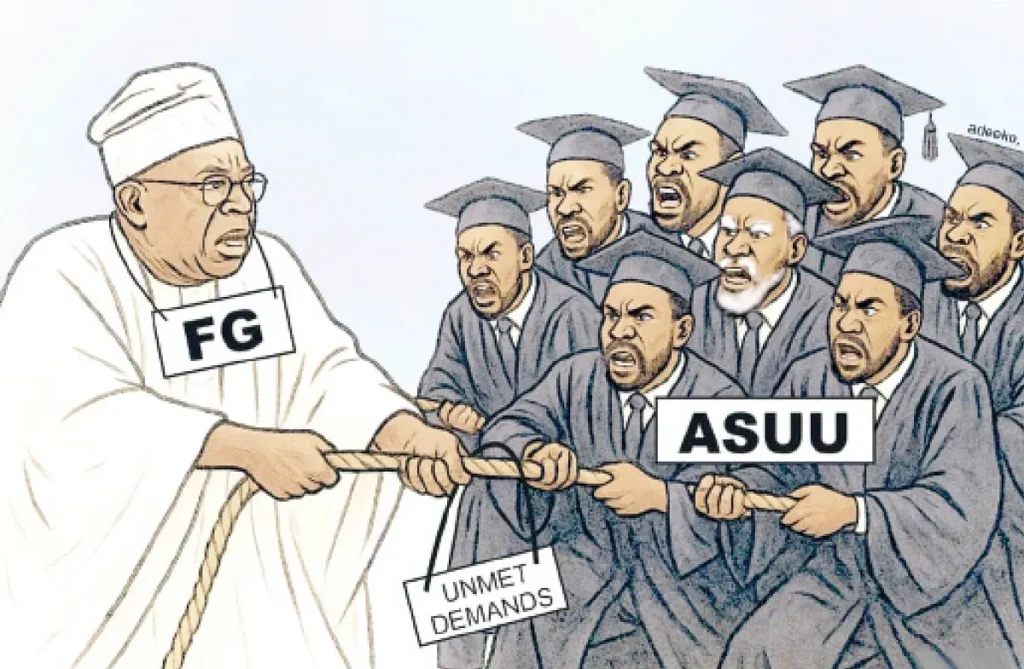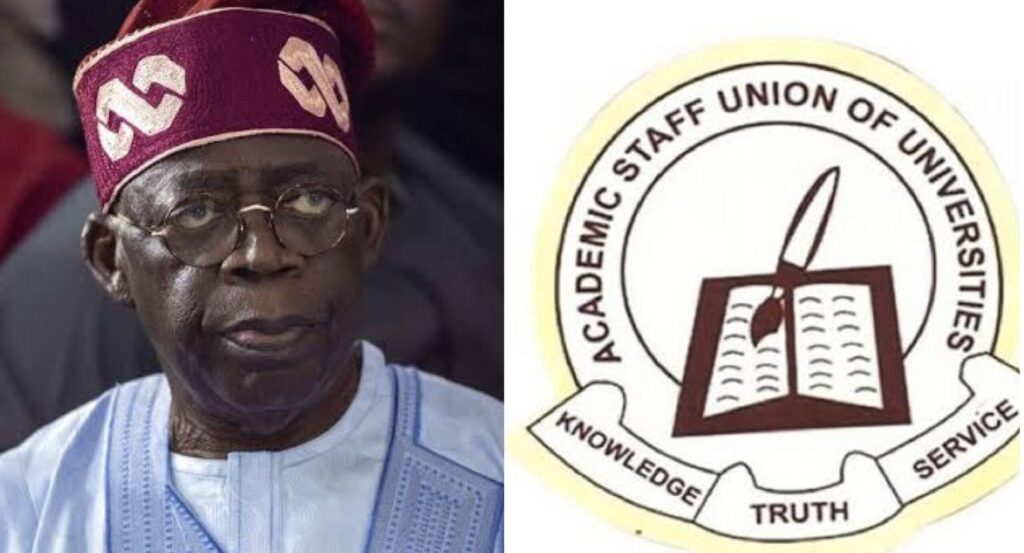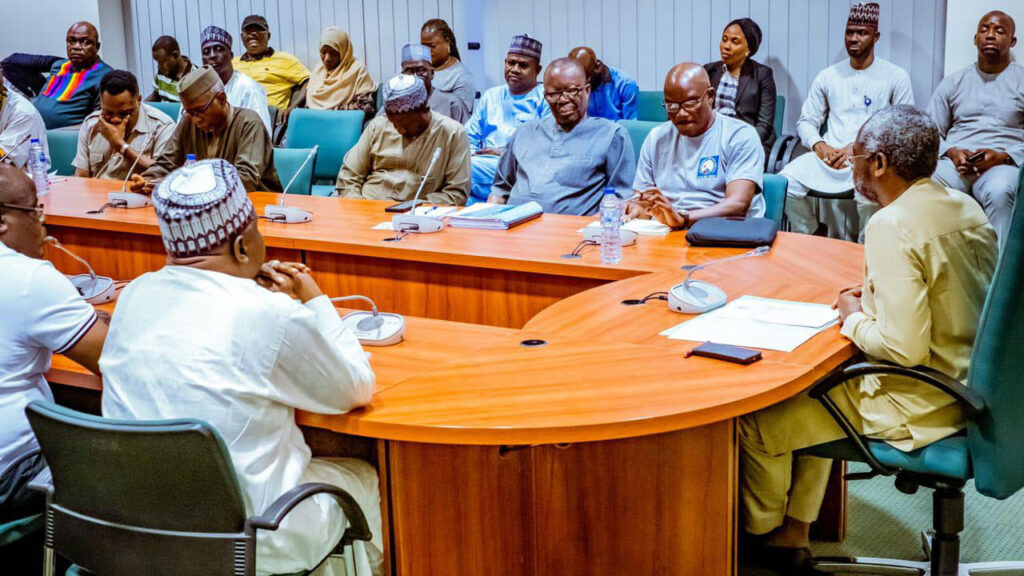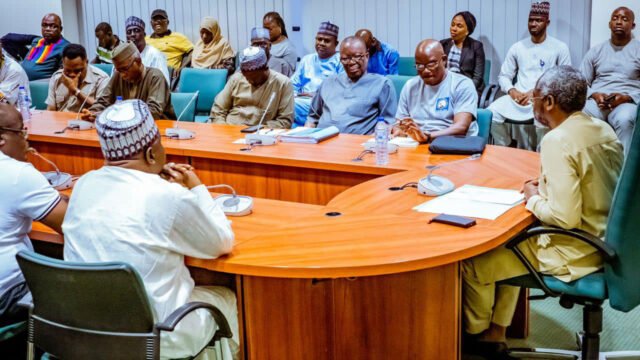Across Nigeria, lecture halls have fallen silent again. The Academic Staff Union of Universities (ASUU) has embarked on yet another strike — a two-week “total and comprehensive” shutdown that has turned once-vibrant campuses into ghost towns. Students, lecturers, and parents now find themselves trapped in a cycle they know all too well: waiting, hoping, and enduring.
For many students, this is not just another disruption. It’s the collapse of routine, the postponement of dreams, and a reminder that higher education in Nigeria remains fragile. Hostels are empty, cafeterias deserted, and academic calendars uncertain. The stillness echoes not only the absence of learning but also the loss of faith in a system that seems unable to learn from its own history.
This latest action, ASUU says, is a protest against government failure to honour long-standing agreements, poor funding of universities, and disregard for lecturers’ welfare. But beneath these demands lies a deeper crisis — one that exposes how Nigeria’s public education system continues to fail those it should serve.
Table of Contents

From Promises to Betrayal: The Root of the Crisis
The ASUU-government conflict is not new. It dates back decades, with each administration inheriting a trail of unfulfilled promises. The 2009 FGN-ASUU Agreement remains the heart of the dispute. That agreement outlined commitments on funding, infrastructure, earned allowances, and university autonomy. Yet, sixteen years later, most of its clauses remain unimplemented.
Instead of reforms, successive governments have adopted a cycle of negotiation and neglect — signing new memoranda only to ignore them later. The result is predictable: frustration, strikes, and public sympathy that fades as time drags on.
The government’s current stance relies on the “No Work, No Pay” rule, directing vice-chancellors to enforce attendance registers and withhold salaries from striking lecturers. But while this may seem tough on paper, it fails to address the heart of the problem. Punishing lecturers does not fix leaking roofs, outdated libraries, or overcrowded lecture halls.
The recurring industrial action is not simply about pay; it’s about dignity, respect, and the integrity of Nigeria’s higher education system. ASUU insists that universities cannot deliver world-class education under current conditions, and many students agree. When lecture theatres lack chairs, laboratories are under-equipped, and power supply is unreliable, strikes become an act of resistance — not rebellion.
The Human Toll: Students, Families, and a Fractured Future
The cost of these strikes cannot be measured only in lost academic weeks. For millions of Nigerian students, every shutdown means more time stuck at home, more uncertainty about graduation, and more mental strain. Many lose scholarships or internship opportunities tied to academic calendars. Others face emotional fatigue — the sense that their future is being decided by negotiations they have no control over.
Parents, too, bear the brunt. For families already stretched by inflation and unemployment, every strike means wasted rent, extra feeding costs, and the pain of watching children idle away valuable months. Some resort to private or foreign institutions, deepening inequality between those who can afford alternatives and those who cannot.
The long-term damage is even greater. A country’s development depends on its ability to train skilled professionals — engineers, doctors, teachers, and innovators. But when public universities are unstable, employers begin to doubt the reliability of Nigerian graduates. Brain drain worsens as lecturers seek stability abroad, while local students lose faith in the promise of education as a pathway to a better life.
Education should be a bridge to opportunity, not a battlefield of policy failures. Yet, the cycle of strikes has turned Nigerian universities into spaces of frustration rather than enlightenment. The silence on campuses mirrors the paralysis of leadership — a generation of students trapped between hope and helplessness.

Breaking the Cycle: What Must Change
It’s no longer enough to end one strike only to prepare for the next. Nigeria needs a structural reset — a shift from reactive crisis management to proactive reform. Three actions stand out as urgent and achievable:
- Sustainable University Funding
Education budgets must be ring-fenced from political interference. Instead of waiting for strikes to release funds, the government should institutionalise regular, performance-based disbursements to universities. This guarantees predictability and accountability. - Legally Binding Agreements
The FGN-ASUU Agreement should be reviewed, updated, and made enforceable by law. Turning policy commitments into legal obligations would prevent future administrations from walking away from promises. - Institutional Autonomy and Accountability
Universities must have the freedom to manage their affairs — from staff recruitment to financial planning — without political meddling. However, autonomy must come with strict transparency, periodic audits, and performance metrics to maintain public trust.
Rebuilding Nigeria’s education system will require political courage, not just paperwork. Both the government and ASUU must recognise that they share a responsibility to the nation’s youth. Dialogue, empathy, and consistency — not threats or ultimatums — are what can restore confidence in the system.

The latest ASUU strike may be short, but its message is profound. It is a warning that Nigeria’s future cannot thrive on neglected classrooms and broken promises. Until the country invests meaningfully in education — not as charity, but as strategy — silence will continue to echo through its campuses, and the nation will keep paying the price.
Join Our Social Media Channels:
WhatsApp: NaijaEyes
Facebook: NaijaEyes
Twitter: NaijaEyes
Instagram: NaijaEyes
TikTok: NaijaEyes
READ THE LATEST EDUCATION NEWS





